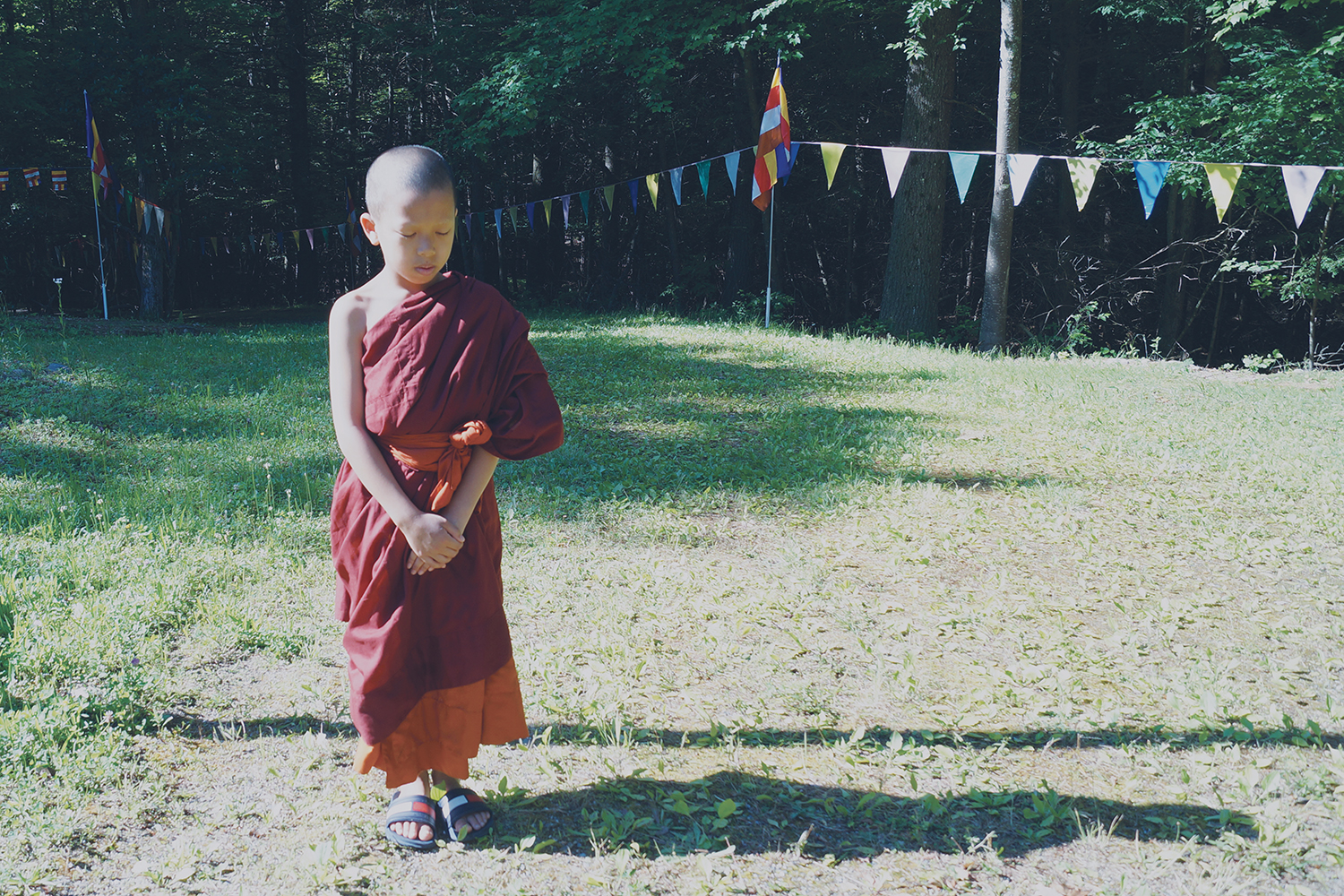Dhammatthavagga: The Just
- Not by passing arbitrary judgments does a man become just; a wise man is he who investigates both right and wrong.
-
He who does not judge others arbitrarily, but passes judgment impartially according to the truth, that sagacious man is a guardian of law and is called just.
-
One is not wise because one speaks much. He who is peaceable, friendly and fearless is called wise.
-
A man is not versed in Dhamma because he speaks much. He who, after hearing a little Dhamma, realizes its truth directly and is not heedless of it, is truly versed in the Dhamma.
-
A monk is not an elder because his head is gray. He is but ripe in age, and he is called one grown old in vain.
-
One in whom there is truthfulness, virtue, inoffensiveness, restraint and self-mastery, who is free from defilements and is wise — he is truly called an Elder.
-
Not by mere eloquence nor by beauty of form does a man become accomplished, if he is jealous, selfish and deceitful.
-
But he in whom these are wholly destroyed, uprooted and extinct, and who has cast out hatred — that wise man is truly accomplished. Continue reading
















